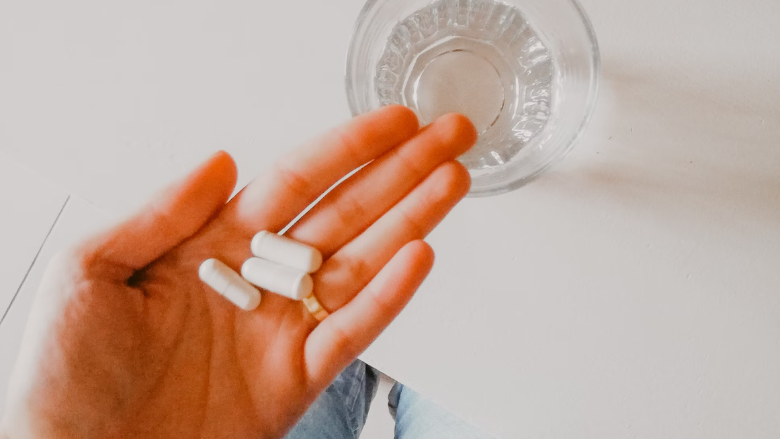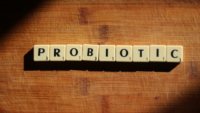The EU Heads of Food Safety Agencies (HoA) recently published a list of 117 substances that should be prohibited or restricted in food supplements to protect public health.
In the EU, the oversight of “other substances” with functional effects in food supplements is only harmonized for specific ingredients named in EU regulations on fortified foods (EC No 1925/2006) and novel foods (EU 2017/2470). To expand consumer protection from substances added to food supplements, HoA established a Food Supplements Working Group comprising experts from 26 Member States to come to a consensus about which “other substances” should be restricted and how these substances are managed and assessed. HoA recommends achieving legal status in EU food law for its list of risky “other substances” through their addition to EC No 1925/2006.
Of the 117 substances identified for the list, 13 were flagged as priority due to the possible health risks they pose to consumers, considering the likelihood of consumers’ normal intake of these substances to be greatly exceeded when taken as a supplement:
- Coumarin in plant preparations
- Curcumin in Curcuma preparations
- Hypericum perforatum
- Melaleuca essential oils
- Melatonin
- Piperine
- P-Synephine in Citrus preparations
- Tryptophan
- Actaea racemose
- Lepidium meyenii
- Ocimum tenuiflorum
- Tribulus terrestris
- Withania somnifera.
Additionally, of the 117 substances, 65 were characterized as novel, 49 as not novel/not novel to food supplements, and three already included in EU regulations.
The recommendations of the HoA report are intended to support European Commission and EU/European Economic Area (EEA) Member States in determining appropriate legislative requirements.



